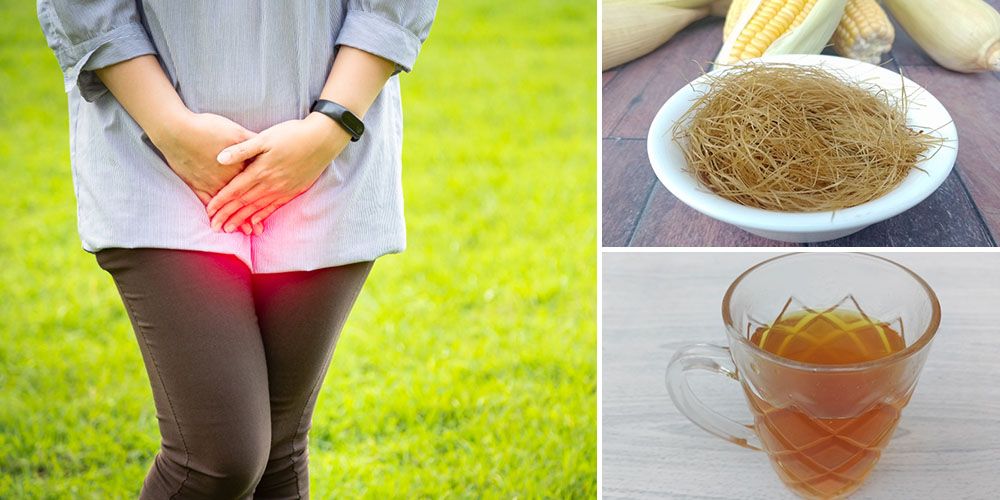
Overactive Bladder? Try This!
The frequent need to pass urine is a socially embarrassing situation for anyone to deal with. Bathroom runs many times a day can be as annoying and may affect your normal way of life.
OAB manifests itself this way: the urgent feeling of peeing throughout the day and even at night. There is always that fear of leaking urine if you cannot promptly relieve yourself. Because yes, you may or may not leak urine if you have an overactive bladder.
The good news is some treatments will effectively manage OAB through herbal medicine. So, let’s see what those useful remedies are!
What Causes an Overactive Bladder?
Unfortunately, overactive bladder (OAB) is real, and about 30% of men and 40% of women in the United States suffer from it.
Overactive bladder is a different condition from urinary incontinence. With incontinence, urine leakage happens all the time even through the simple act of laughing and sneezing. With an overactive bladder, you can hold the urine flow (dry OAB) although there might also be times when leakage happens (wet OAB).
OAB is a sign of an unhealthy urinary system or neurological damage.
There is a nerve signal between the brain and the bladder that signals when it is empty or full. If that signal is impaired, the brain has a hard time telling the difference.
Some causes and risk factors in OAB are:
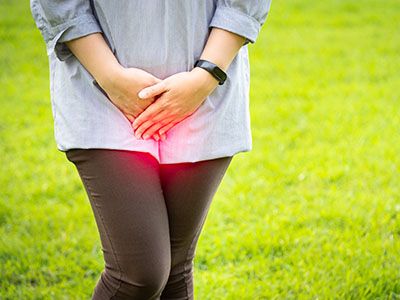
- Weak pelvic muscles or spasms
- Active bladder muscle
- Urinary tract infection
- Conditions affecting the bladder (tumors, stones, etc.)
- Diseases that affect the brain and spinal cord (stroke, multiple sclerosis)
- Diabetes
- Hormonal changes like menopause
- Anxiety and emotional problems
- Sexual problems
- Taking certain medications like diuretics
Managing an Overactive Bladder
The treatment for OAB varies from one person to another, depending on the diagnosis. A urologist will conduct a series of tests to identify the problem and give the appropriate medication.
Mild OAB can be managed at home with some lifestyle changes. It may include limiting the intake of food that can irritate the urinary system such as caffeine, alcohol, soda, spicy foods, or citrus and tomato-based food.
These tips will also help:
- Do pelvic exercises or Kegel exercise
- Get active
- Practice double voiding (emptying the bladder twice in every urination)
- Maintain a healthy weight
- Have a bathroom routine
Herbs for OAB
Typically, depending on the diagnosis, doctors may prescribe muscle relaxants or anticholinergic drugs to manage OAB.
Some herbs also have anticholinergic properties that may help deal with it. These herbs can block the neurotransmitter in the brain and stop involuntary muscle movement to control the spasms of the bladder muscle.
⇒ The 10 Plants That Help Every Part of Your Body At Once (Video)
Buchu (Barosma betulina) is an herb used as a urinary antiseptic that cleanses the urinary system and prevents infections. It can reduce any inflammation of the urinary tract and bladder, and relieve painful urination. It can also reduce the swelling of the prostate in men which contributes to the pressure in the bladder muscle.
Buchu is available as a tincture or capsule but may also be taken as an infusion for managing OAB.
Cleavers (Galium aparine) is a vine mainly used to support treatments for different types of cancers and tumors. It has an excellent anti-inflammatory property that can alleviate interstitial cystitis or painful bladder syndrome. Cleavers clear the urinary tract and can help flush out kidney stones to facilitate proper urine flow.
Cleavers is also a very effective lymphatic cleanser and stimulates lymphatic flow to flush out toxins from your body. The result of a better-functioning lymphatic system is a better-functioning immune system.
Corn silk is the hair that grows inside the husk of female corn. It has many medicinal properties that can treat conditions like heart and blood sugar problems. Corn silk, in Traditional Chinese Medicine, is used for treating bladder-related problems, including OAB and bedwetting.
Corn silk soothes the lining of the bladder and relieves irritation. It does have a mild diuretic effect that increases the urine for improving its flow and elimination.
Saw palmetto (Serenoa repens) has been used since the 1900s for treating urinary tract infections in men with prostate problems. A clinical study initially conducted suggested improvement in issues related to urinary urgency, frequency, and incontinence. It may also increase the bladder’s capacity to hold urine to minimize the frequency of letting it go.
Saw palmetto is often sold as capsules. A cup of its berries, either fresh or dried, can also be prepared as a decoction and taken twice a day for the same result.
Ganoderma (Ganoderma lucidum), or Reishi mushroom, especially its extract, is widely used in East Asia for a wide range of diseases. Reishi is inhibitory, which can prevent abnormal tissue growth. It is also an effective anticholinergic herb that relaxes the muscles and prevents spasms.
Although Ganoderma is edible, it is most powerful in its tincture or extract form.
Horsetail (Equisetum hyemale) is one of the most effective herbs against bedwetting. Horsetail has a diuretic property which increases urine and flushes out the excess fluid. Getting rid of unnecessary body fluids can regulate the function of the bladder and decrease its activity.
Horsetail can be prepared as an infusion or decoction. You can boil 2 to 3 tablespoons of chopped horsetail stalks in a cup of water for 5 minutes. Steep the tea for 15 minutes and drink it twice daily.
Mullein (Verbascum Thapsus) can clear the heat and strengthen the bladder sphincter. It decreases the pressure and irritation and improves the urine flow to reduce its frequency. OAB and urinary incontinence that arise from menopause may be better dealt with by mullein.
A tea of fresh mullein flowers or leaves is effective against OAB. Mullein extract and oil infusion are also excellent against bedwetting.
Gosha-jinki-gan (GJG) is a blend of ten crude Japanese medicinal herbs primarily used in treating OAB, diabetes, lumbago, and edema. The combination of these potent herbs helps improve the bladder capacity which inhibits bladder contraction and pressure. It may also reduce the sensory receptor activation in the brain to cure OAB caused by neurological disorders.
Corn Silk Tea for OAB
The silken thread of every corn usually goes with the husk in the dump. But if you have recurring urinary problems, you may want to think twice about throwing them away.
Corn silk is rich in minerals and nutrients that may help the body fight against an overactive bladder and tons of other urinary-related diseases. From bedwetting, interstitial cystitis, kidney diseases, high creatinine, UTI, and water retention, corn silk is an excellent auxiliary solution.
It is recommended to consult your healthcare provider if you are already taking other medications for water retention, diabetes, hypertension, and inflammation.
For this recipe, you can use fresh or dried cornsilk. If you have tons of fresh corn silk, you may sun dry them until almost crispy and set aside for future use. Corn silk inside the husk is more useful than the exposed, stringy hairs. You can just discard the outside ones.
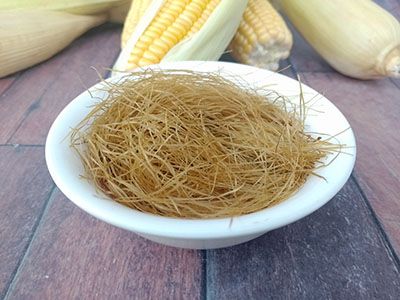
You will need:
- 2 tbsp of corn silk
- 2 cups of water
- a bowl
- small pot or tea kettle
- tea strainer
Steps:
- Put water and cornsilk in a pot and boil.

- Lower the heat to the lowest setting and simmer for 10 minutes.

- Remove from heat and steep for 30 minutes more.

- Strain the tea to remove the hairs. You can choose to reheat it or cool it in the fridge before serving, whichever you prefer.

Drink a cup of corn silk tea once or twice a day for OAB, bedwetting, and other urinary problems.

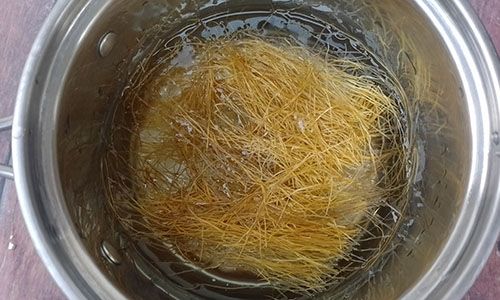

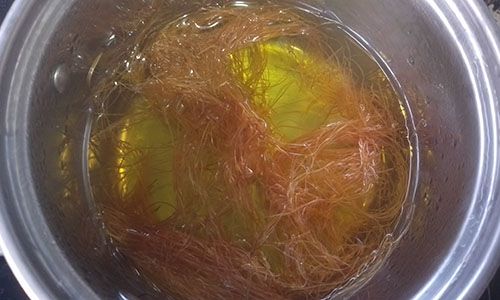

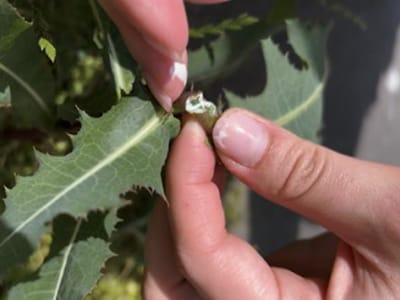
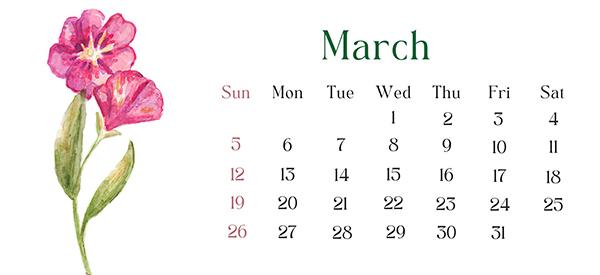
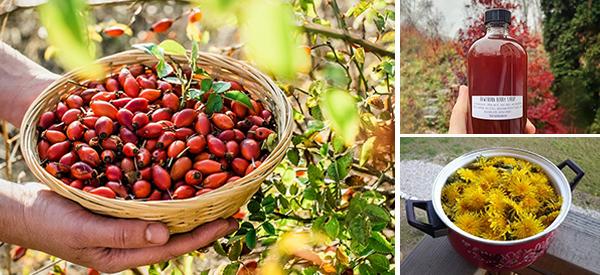
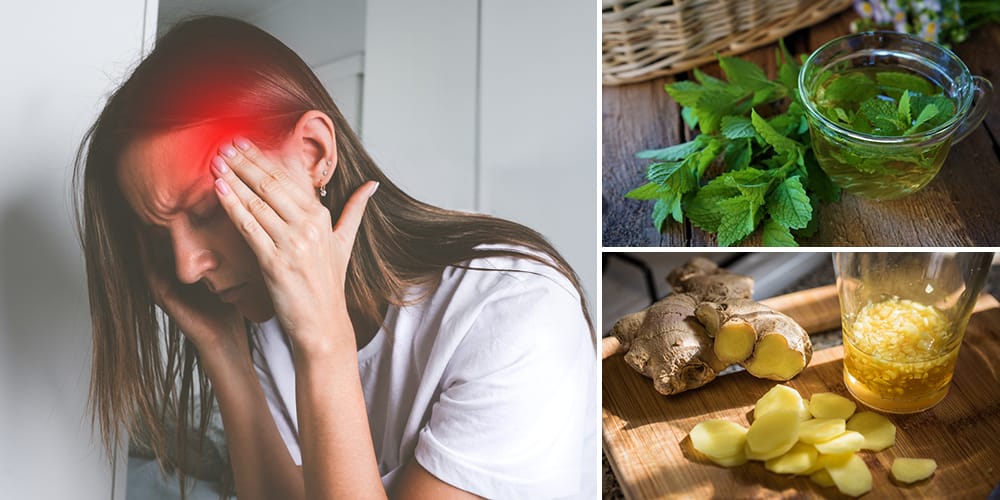
.
I don’t have prolapse but OAB & other issues & find a pelvic floor PT that uses biofeedback very helpful and just started following an app called buffmuff.com that seems helpful. Only about 2 wks in the apps 28 day challenge but liking. The presenter had prolapse. Prayers & good luck to you & hope these help.
I found that also and it seems very helpful to me!
Will these teas help pain from prolapsed bladder ?
Hi Linda,
If you have symptoms of anterior prolapse, the first line of treatment is to exercise your pelvic floor muscles. These movements, known as Kegel exercises or Kegels, help strengthen your pelvic floor muscles, allowing them to better support your bladder and other pelvic organs.
Many blessings and good health!
Is corn silk tea ok to take when I’m on metformin, not for diabetes, but for pcos? Thank you. Love love love this site. ❤️
Hi Holly,
Thank you for your comment!
It is best to double-check with your healthcare provider first, as some medications interact with herbal remedies.
Many blessings and good health!
I am looking for a corn silk sun tea which I thought I saw on here but now cannot find it?